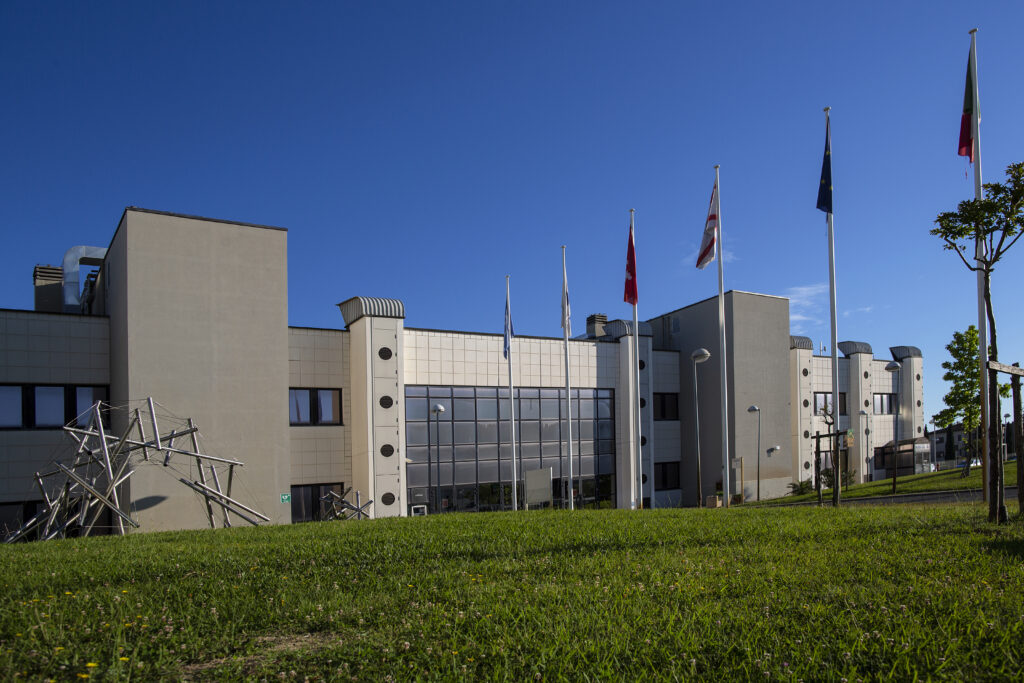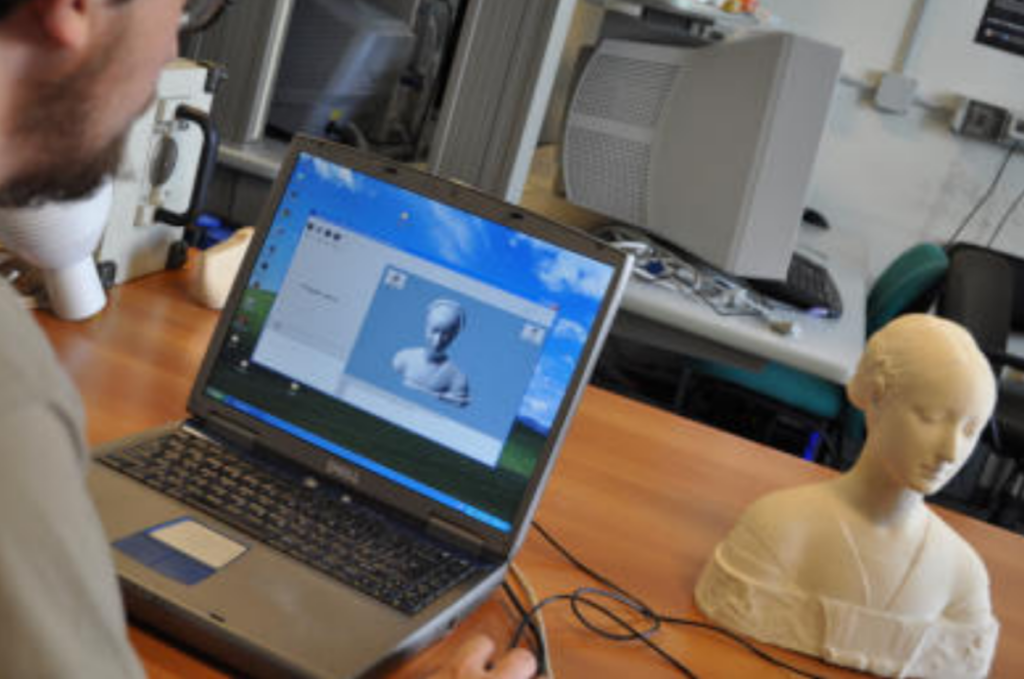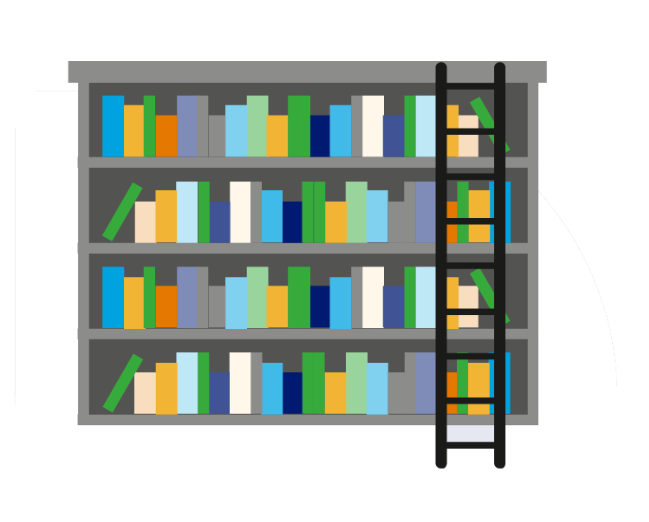Institute of Information Science and Technologies (ISTI – CNR) “Alessandro Faedo” – Pisa

The Institute of Information Science and Technologies (ISTI -CNR) is located in the CNR Research Area of Pisa, committed to scientific excellence and to playing an active role in technology transfer. Here a crucial role is played by the Laboratory of Artificial Intelligence for Media and Humanities (Research Group of the Artificial Intelligence for Media and Humanities AIMH), which investigates the advances in the state of the art in the Artificial Intelligence field, specifically addressing applications to digital media and digital humanities, taking into account issues related to scalability.

RESEARCH GROUPS
![]()
Within the ISTI-CNR “Alessandro Faedo” you can find several research groups and a high expertise in different fieldworks. Surely, the Research Group of the Artificial Intelligence for Media and Humanities (AIMH) is playing a pivotal role in developing and improving Religious Studies by collaborating with ITSERR project.
Particularly, ISTI-CNR is actively contributing to the development of a great number of the ITSERR WPs, for this reason here you can enjoy the expertise of research groups working on: WP3-T-Res, WP4-DamSym; WP5-Digital Maktaba; WP7-REVER; WP8-UbiQuity.

In fact, the Research Group of the Artificial Intelligence for Media and Humanities (AIMH) is playing a pivotal role in developing and improving Religious Studies. Its laboratory has the mission to investigate and advance the state of the art in the Artificial Intelligence field, specifically addressing applications of digital media and digital humanities, and taking also into account issues related to scalability. The research lines in AI and textual data and AI and digital humanities are strongly contributing to the developing of ITSERR WPs. They contribute on textual data analysis, understanding, and classification, as the representation learning for text classification, transfer learning for cross-lingual and cross-domain text classification, sentiment classification, sequence learning for information extraction, text quantification, transductive text classification. Moreover, the laboratory works on AI-based solutions to represent, access, archive, and manage tangible and intangible cultural heritage data wo This includes solutions based on ontologies, with a special focus on narratives, and solutions based on multimedia content analysis, recognition, and retrieval.
LIBRARIES AND COLLECTIONS

The ISTI-CNR Library, founded in 1954 by the Center for Studies on Electronic Computing (CSCE) of the University of Pisa (later IEI-CNR), is one of the oldest ICT Libraries in Europe. Its collections support the informational needs of the scientific community, allowing access to a significant number of either traditional or electronic resources. The software for the catalogue management is OPAC (On line Public Access Catalogue) and it allows the users to friendly browse the collective catalogues of the CNR-Area in Pisa.

The catalogue of books counts approximately 27.000 records describing the documents hold by the affiliated libraries/institutes. The catalogue of journals has approximately 2.000 records describing both printed and online journals subscribed by the affiliated institutes. For the journals under subscription it is possible to access the on-line resources. The Library offers high quality services with the aim to facilitate the research activities of the Institute and to support the informational needs of the scientific community.
Within the librarian heritage of ISTI-CNR and the CNR Research area of Pisa there are collections created dedicated to the volumes on specific knowledge areas and groups of donations. All of them can be found within the collective catalogue of books, whose items present a special visualisation. The donations have been offered to the Library by former scientists who had been working in some of the Institutes present in the CNR Area in Pisa. The Special Collections are dedicated to Internet Governance Collection; Security and Privacy Collection; Antartide Collection, and Digital Libraries Collection.